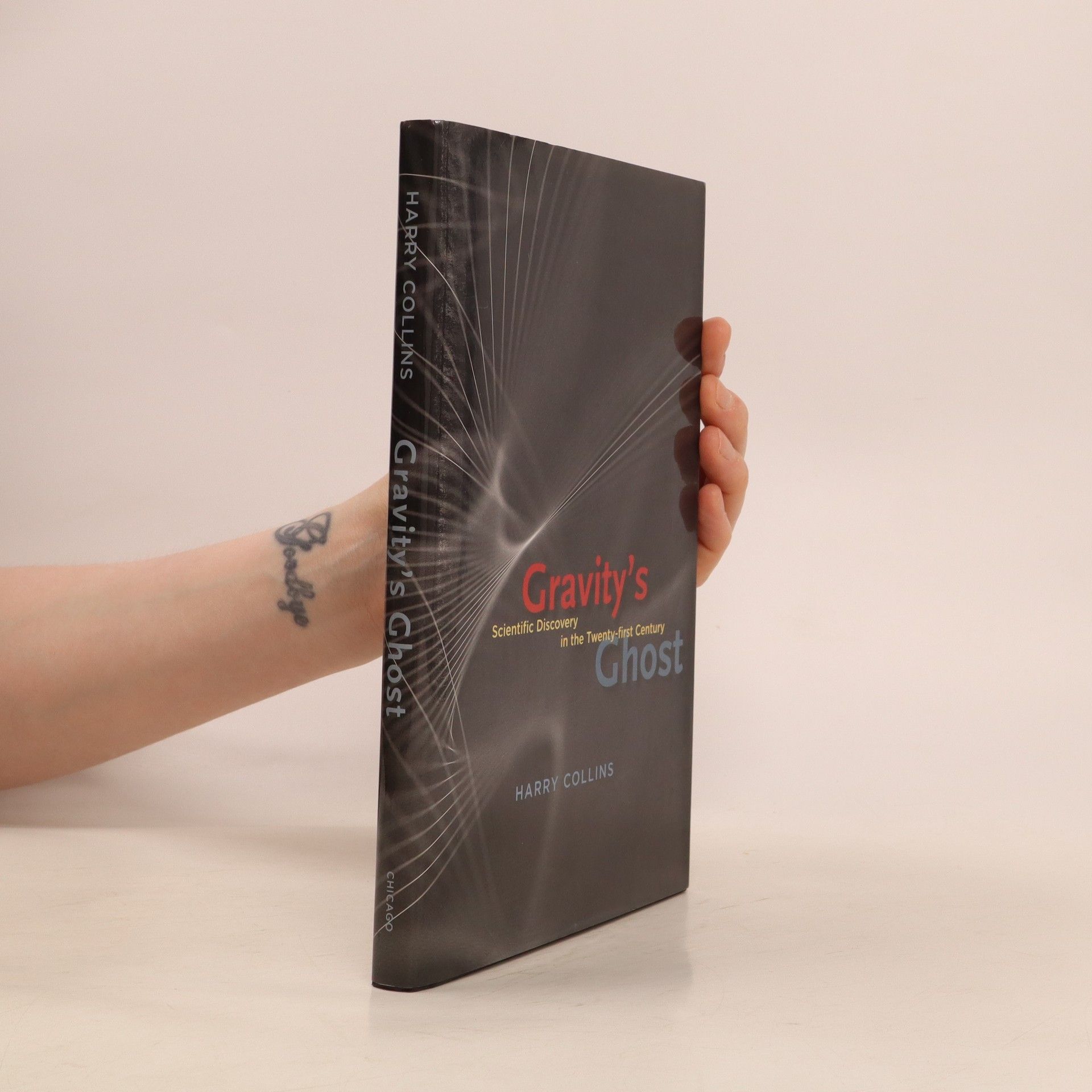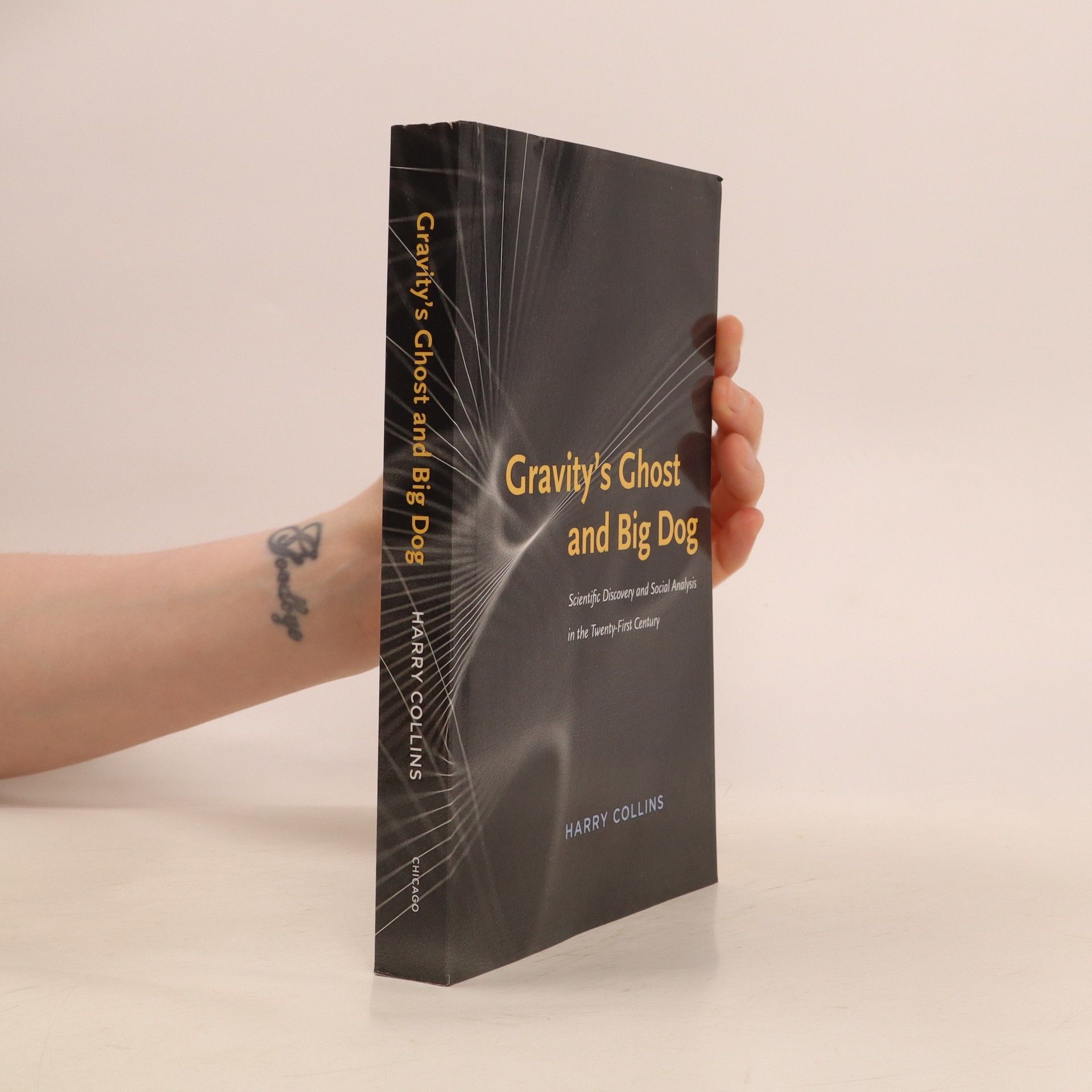Forms of Life
- 192pages
- 7 heures de lecture
A concise, accessible, and engaging guide for students and practitioners of sociology.






A concise, accessible, and engaging guide for students and practitioners of sociology.
The authors demonstrate that the imperfections in technology are related to the uncertainties in science described in the first volume.
Gravity’s Ghost and Big Dog brings to life science’s efforts to detect cosmic gravitational waves. These ripples in space-time are predicted by general relativity, and their discovery will not only demonstrate the truth of Einstein’s theories but also transform astronomy. Although no gravitational wave has ever been directly detected, the previous five years have been an especially exciting period in the field. Here sociologist Harry Collins offers readers an unprecedented view of gravitational wave research and explains what it means for an analyst to do work of this kind. Collins was embedded with the gravitational wave physicists as they confronted two possible discoveries—“Big Dog,” fully analyzed in this volume for the first time, and the “Equinox Event,” which was first chronicled by Collins in Gravity’s Ghost. Collins records the agonizing arguments that arose as the scientists worked out what they had seen and how to present it to the world, along the way demonstrating how even the most statistical of sciences rest on social and philosophical choices. Gravity’s Ghost and Big Dog draws on nearly fifty years of fieldwork observing scientists at the American Laser Interferometer Gravitational Wave Observatory and elsewhere around the world to offer an inspired commentary on the place of science in society today.
As the leading chronicler of the search for gravitational waves, Harry Collins has been right there with the scientists since the start.
Much of what we know we cannot say. And much of what we do we cannot describe. For example, how do we know how to ride a bike when we can't explain how we do it? These abilities, which we are unable to articulate, were labeled tacit knowledge by chemist and philosopher Michael Polanyi. This book analyzes the term, and the behavior, in detail.
We live in times of increasing public distrust of the main institutions of modern society. Experts, including scientists, are suspected of working to hidden agendas or serving vested interests.
How technologies can get it wrong in sports, and what the consequences are-- referees undermined, fans heartbroken, and the illusion of perfect accuracy maintained.
Second edition of a very well received title which demystifies science and is highly readable on complex subjects.
To ordinary people, science used to seem infallible. Scientists were heroes, selflessly pursuing knowledge for the common good. More recently, a series of scientific scandals, frauds and failures have led us to question science s pre-eminence.